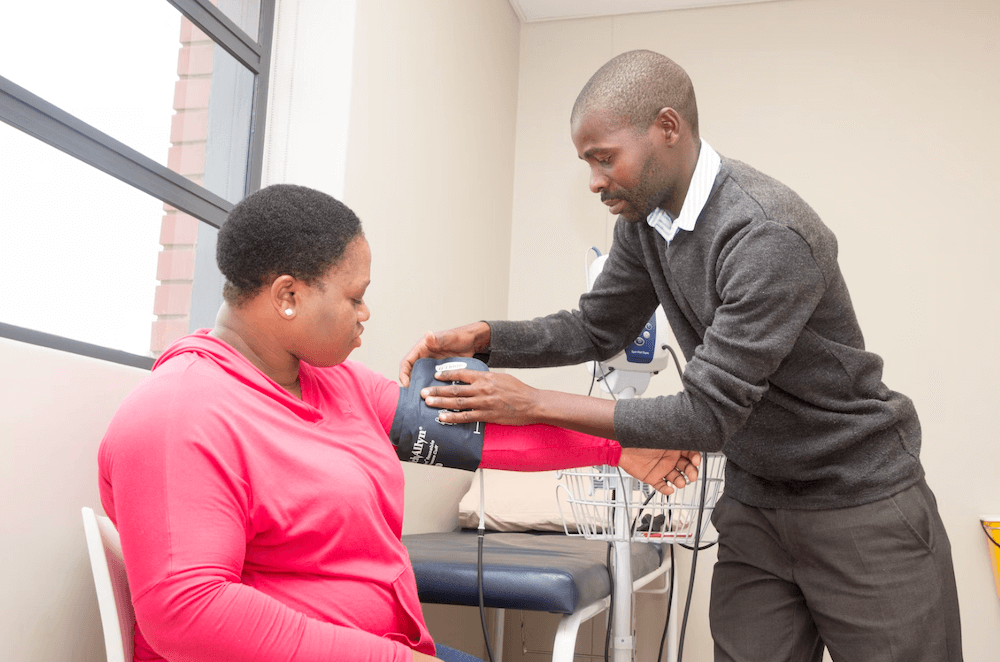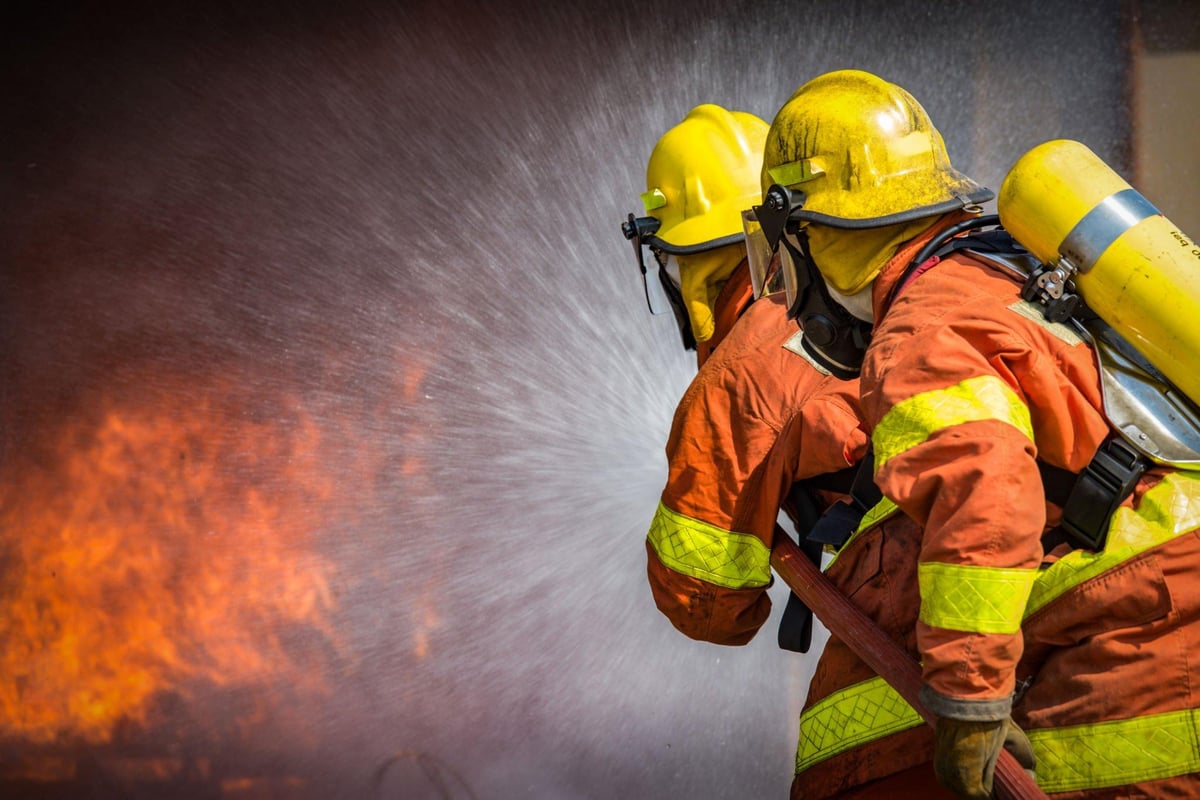Iowa Central Community College - Main Campus

Classes from ICCC
In person Medical Assistant Classes

Medical Assistant Program at Iowa Central Community College
The Medical Assistant Program at Iowa Central Community College prepares students for a dynamic career in healthcare by providing comprehensive theoretical knowledge and practical training in both administrative and clinical duties. This program is designed to equip you with the essential skills needed to excel as a medical assistant, offering a strong foundation in a supportive, in-person learning environment. With a curriculum that includes hands-on lab work and a vital summer practicum, graduates are well-prepared for immediate employment and have the option to pursue an Associate of Applied Science (AAS) degree for enhanced career advancement.
Program Details:
- Cost: 741 USD (excluding tuition and student fees)
- Duration: Approximately 9 months (two semesters of classroom and lab instruction + 30-day summer practicum)
- Schedule: In-person classroom and lab instruction, followed by a summer practicum
- Prerequisites: high school diploma with a minimum gpa of 2.5, ged score of at least 550, minimum of 8 hours of college credit with a gpa of 2.0 or higher
- Accreditations: Commission on Accreditation of Allied Health Education Programs
- Career Outcomes: Pathways for further education and career advancement, including the option to pursue an Associate of Applied Science (AAS) degree
In person Certified Nursing Assistant Classes

Iowa Central Community Colleges offers training programs for those interested in becoming Certified Nursing Assistants. The program is offered several times a year in a variety of locations and are taught by Registered Nurses. The course is designed to provide the knowledge and skills needed to care for patients/residents in a variety of long-term care facilities and to be successful on the Iowa Direct Care Worker registry exams. Successful completion of these exams is required by State Legislation to work in a long-term care facility. The Nurse Aide courses are offered for both credit and noncredit and are prerequisites to the nursing program.
In person Carpentry Classes

The Carpentry program provides students with the skills needed to successfully enter the construction industry. The main emphasis of this program is residential carpentry with related instruction in concrete, dry wall, roofing, and mechanical systems. Building Science and "House as a System" technology are integrated throughout this program. Upon completion of this program students will be prepared for employment in the carpentry trade. Students who successfully complete this program will be awarded a diploma in Carpentry. (start classes in June or August)
In person Chef Classes

The culinary arts program will also provide an introduction to hospitality and restaurant management with applicable hands-on experience throughout the program. These combined learning experiences will provide program graduates with the necessary skill sets to successfully enter the food industry. The students will complete an on-the-job training practicum in an industry field of their choice to complete their well-rounded culinary program. This will provide the student with a real-life experience and introduction, not only in culinary arts, but also food service management.
Fire Science A.A.S.

The decision to work in public safety is a commendable and selfless sacrifice. It takes a special man or woman to take on the unique challenge of a career in public service and safety.
The Iowa Central Community College Fire Science program provides the knowledge, training and skills necessary for a rewarding career in Fire Fighting Field. The training our students receive can be beneficial to help students enter the field of Fire Fighting or if they are already in the field, the training is beneficial for career advancement. Students also have the opportunity to receive National Certification in Firefighter I & II, Emergency Medical Technician and entry level Wildland Firefighter.
The Iowa Central Community College Fire Science Technology Program prepares students to certify at the following levels:
- Emergency Medical Technician
- Firefighter I
- Firefighter II
- Hazardous Materials – Awareness
- Hazardous Materials – Operations
Certification at the Firefighter I, Firefighter II, Hazardous Materials – Awareness, and Hazardous Materials - Operations levels is performed through the Iowa Fire Service Training Bureau (FSTB). The FSTB’s Certification Division is accredited by the International Fire Service Accreditation Congress (IFSAC).
In person Early Childhood Education Classes

An early childhood caregiver is knowledgeable in the growth and development of infants and toddlers, as well as young children, allowing opportunities and experiences for infants and young children that will allow for them to navigate the world around them and move to new levels of thinking and understanding about themselves. This program provides students to learn and apply the challenging responsibility to set up a supportive environment for a group of toddlers or preschoolers, develop a relationship with each one, and meet their needs as individuals and as a group is a core understanding in early childhood. Children’s learning experiences during this period in their lives allow for successful outcomes later in life.
Iowa Central’s Early Childhood Education program is designed for students planning to work with children in a preschool, infant/toddler, family, day care, or home visitor setting. It is a one-year diploma with the option of obtaining Paraeducator certification with two additional courses (see Notes).
Practical Nursing

The Practical Nursing (PN) program prepares students for entry-level positions, to provide nursing care under the supervision of a Registered Nurse or Physician. The first two semesters are identical in both the Practical Nursing (PN) program and the Associate Degree Nursing (ADN) program, enabling students to finish the Practical Nursing program after the first summer, or to continue in the Associate Degree Nursing program. The Practical Nursing program will educate you for this career in concentrated classroom studies, along with extensive clinical work (360 hours) based in a wide-range of health care settings.
In person Hospitality Management Classes

The culinary arts program will also provide an introduction to hospitality and restaurant management with applicable hands-on experience throughout the program. These combined learning experiences will provide program graduates with the necessary skill sets to successfully enter the food industry. The students will complete an on-the-job training practicum in an industry field of their choice to complete their well-rounded culinary program. This will provide the student with a real-life experience and introduction, not only in culinary arts, but also food service management.
In person HVAC Classes

The HVAC Technology/Technician program will concentrate on heating, air conditioning, ventilation and refrigeration systems that control the air quality in many types of buildings that control the temperature, humidity, and overall air quality in homes, businesses, and other buildings. This program prepares students for entry into the following occupations: commercial heating/air conditioning controls technician; commercial heating/air conditioning service technician; heating/air conditioning lab technician; heating/air conditioning sales engineer, heating/air conditioning parts manager; and manufacturer's field service representative.
In person Welding Classes

The Welding Technology Program is designed to teach fundamental techniques and principles. The program also provides for an overview of related topics such as metallurgy and fabrication, layout, estimating, and repair. The first semester of the program is devoted to learning about and practicing basic welding techniques. The second semester provides students an opportunity to develop additional welding skills and learn advanced techniques. Upon successful completion of the Welding Technology program, students will be awarded a diploma in Welding Technology.
In person Associate Degree in Nursing (ADN) Classes

The Associate Degree Nursing program will prepare students for this exciting career with concentrated classroom studies and extensive clinical work (720 hours) based in a wide-range of health care settings. The first two semesters are identical in both the Practical Nursing (PN) program and the Associate Degree Nursing program enabling students to finish with the PN diploma after the first summer, and/or continue in the ADN program.
About school
Iowa Central Community College
Iowa Central Community College, established in 1966, offers quality educational opportunities aimed at preparing students to be the best citizens and workers for the region and beyond. It is committed to providing a premier learning community and college of choice, with a focus on comprehensive student support and active arts programming.
Highlights:
- Strong commitment to student support services
- Vibrant arts programs including an active Center for Performing Arts
- Recent $1.5 million grant to support TRIO Student Support Services
- Known as Triton Nation
In the Fort Dodge, IA area
One Triton Cir, Fort Dodge, IA 50501